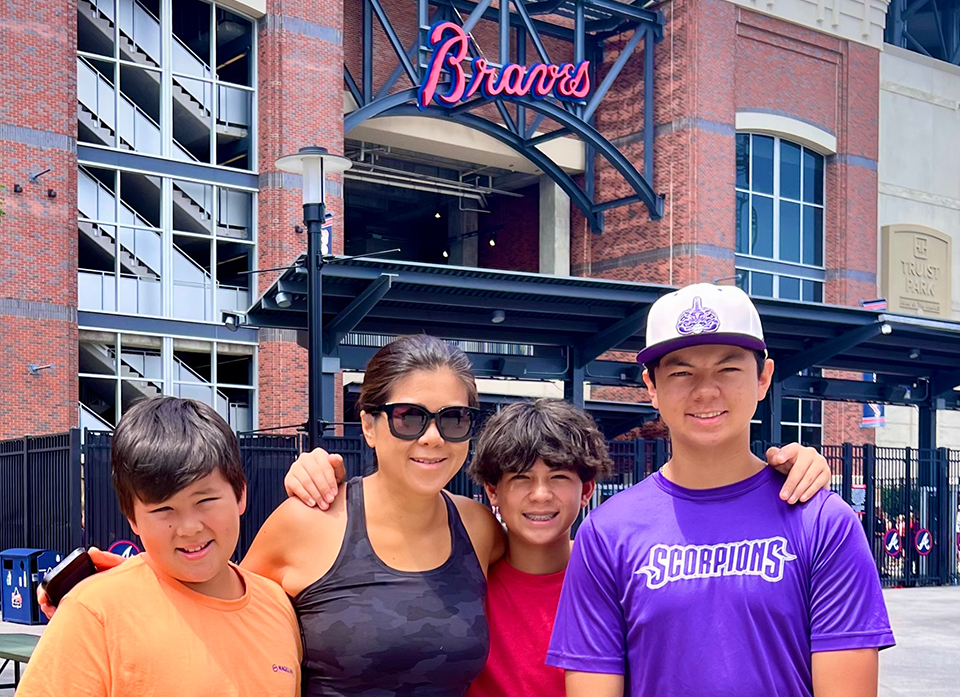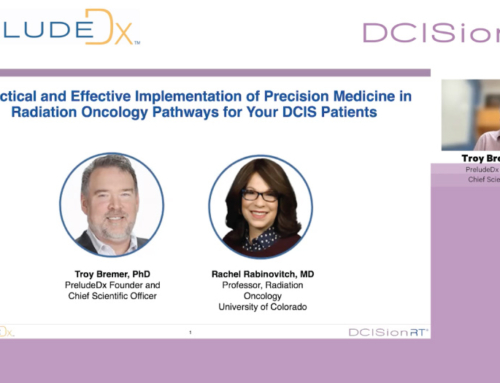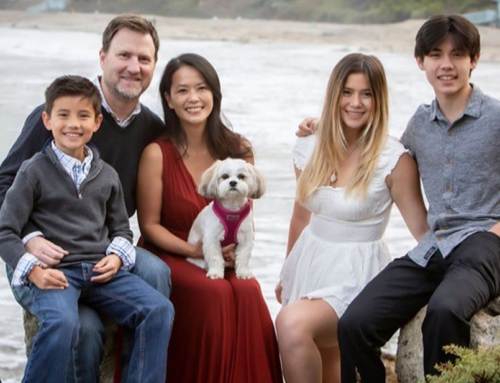“My advice for other doctors is use DCISionRT to help make a better, more informed decision with the DCIS patient. DCISionRT is a great tool that we have at our disposal to evaluate radiation therapy benefit and risk recurrence following breast conserving surgery, and the ongoing studies are going to be game changing.”
With an immense interest in radiation therapy and a passion to help breast cancer patients, Dr. Catherine Hwang has dedicated her career to building AdventHealth’s breast cancer program in Central Florida. She is one of the co-founders of AdventHealth’s Multidisciplinary Breast Cancer Clinic, a high-demand clinic that serves to introduce patients to their team of doctors in one visit.
“I was attracted to the physics behind radiation – ‘that’s how my brain works’. I was also attracted to oncology. During my residency, I did rotations through a lot of different areas – family practice, internal medicine, pediatrics – and I was drawn to the cancer patients. Because cancer is a such a life changing diagnosis, most patients become actively engaged with their physicians as they decide the best treatment for them.”
“Treating patients with ductal carcinoma in situ (DCIS), also known as stage zero breast cancer, can be a little tricky. If a patient has disease that’s barely detectable and there’s no invasive cancer, they question why they need radiation following breast conserving surgery and sometimes I do as well. As imaging has gotten better and better at detecting smaller amounts of disease, I find myself questioning the benefit of adjuvant radiation in low-risk patients.”
“That is where DCISionRT has been very beneficial. Before DCISionRT, I typically ordered radiation on almost all my patients. While I would look at clinpath data such as age, margin, and grade and use nomograms to guide my decision making, I questioned if we should be looking at the patient’s biology to make those determinations. That is what DCISionRT does. It uses a patient’s own tumor biology to provide a personalized risk assessment score. It is hard to dispute quantitative numbers.”
“So, I order DCISionRT on all my DCIS patients. I also order it before that patient goes for a lumpectomy. It is just routine for me. I have seen patients who receive a diagnosis and immediately jump to the conclusion that they want a mastectomy. DCISionRT provides quantitative data to help them make a more informed decision.”
“From a care perspective, we’re very lucky. We have a very good team, and we all work together. The surgeons that I work with are very receptive to using the DCISionRT test. They routinely refer patients to me prior to lumpectomy and I will order the DCISionRT test. In addition to leveraging the test results for a radiation plan, the surgeons can use the test results in their surgical planning.”
“And I think DCISionRT adds an additional level of trust from the patient. They recognize that it’s not just cookbook medicine. By using the genomics, you’re looking at their tumor and you’re making a recommendation that’s very specific to their situation.”
“My advice for other doctors is use DCISionRT to help you make a better, more informed decision with the DCIS patient. DCISionRT is a great tool that we have at our disposal to evaluate radiation therapy benefit and risk recurrence following breast conserving surgery, and the ongoing studies are going to be game changing.”






